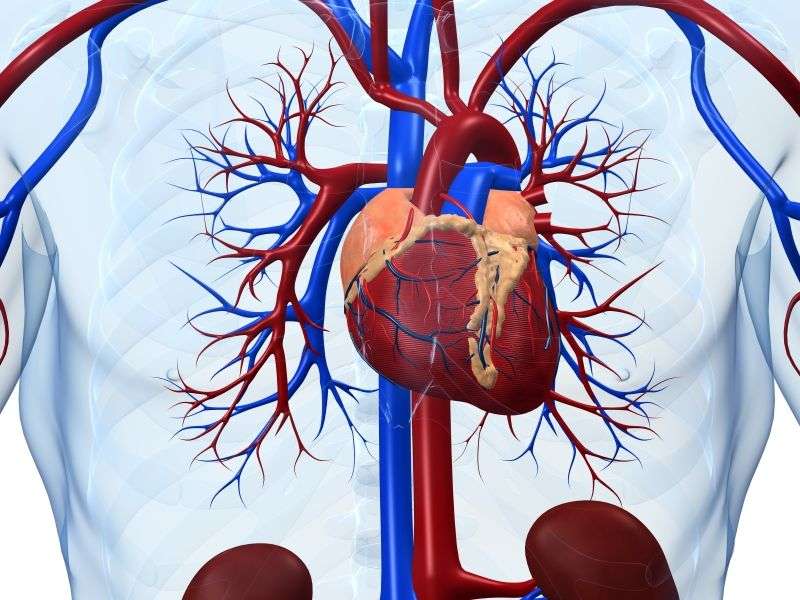(HealthDay)—For patients with heart failure and reduced ejection fraction, low osmolality at discharge is associated with worse all-cause mortality and readmission, according to research published in the April 1 issue of The American Journal of Cardiology.
Muthiah Vaduganathan, M.D., M.P.H., from the Brigham and Women's Hospital Heart and Vascular Center in Boston, and colleagues conducted a post hoc analysis of data from the Efficacy of Vasopressin Antagonism in Heart Failure: Outcome Study with Tolvaptan (EVEREST) trial. Serum osmolality measures were assessed at discharge in 3,744 patients hospitalized for heart failure and reduced ejection fraction. Patients were followed for a median of 9.9 months. Patients were divided into low, normal, and high osmolality.
The researchers observed a nonlinear correlation for discharge osmolality and all-cause mortality and the composite of cardiovascular mortality or heart failure hospitalization. Low discharge osmolality correlated with higher all-cause mortality and the composite end point (both P = 0.04). In the low osmolality group, a 15 mOsm/kg decrease in osmolality predicted higher all-cause mortality and the composite end point (hazard ratios, 1.61 and 1.37, respectively), after risk adjustment. These correlations were not observed for patients with normal or high osmolality.
"In conclusion, low discharge serum osmolality was independently predictive of worse post-discharge mortality and readmission," the authors write.
Several authors disclosed financial ties to biopharmaceutical companies, including Otsuka, which funded the EVEREST trial.
More information:
Abstract
Full Text (subscription or payment may be required)
Journal information: American Journal of Cardiology
Copyright © 2016 HealthDay. All rights reserved.
























